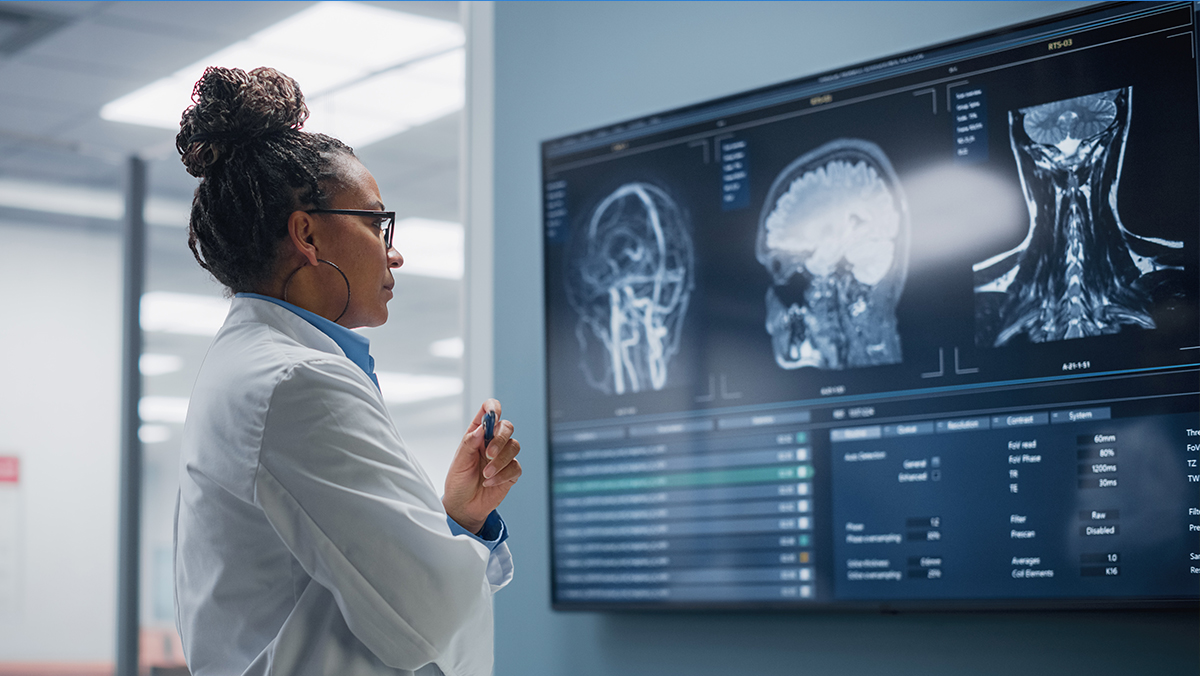
The healthcare industry has undergone a significant transformation, largely driven by technological advancements. This progress has allowed healthcare facilities to provide better care to patients, while healthcare professionals can leverage technology to improve diagnoses, treatments, and patient outcomes. Technology has been instrumental in enabling healthcare professionals to offer a higher quality of care, reduce costs, and increase efficiency. From telemedicine to mobile apps and wearable devices, these solutions give greater accessibility to healthcare services for patients and has streamlined processes for healthcare providers.
Why Healthcare Professionals Should Care About Technology
Technology provides more precise data and results from various test, improving patient treatment and diagnostics. For example, medical imaging technologies such as MRI (magnetic resonance imaging) or CT (computed tomography) scans allow doctors to quickly analyze large amounts of data to pinpoint areas that may require further examination or treatment. Newer technologies like artificial intelligence (AI) are being used in diagnostics and treatments for faster diagnosis times and improved accuracy when treating conditions like cancer or heart disease.
Healthcare facilities also use technology to improve communication between doctors, nurses, technicians, and other staff members. Electronic health records (EHRs) provide a secure platform for storing patient information. It allows for quicker communication and coordination, between team members, for patients’ needs. Additionally, EHRs allow for easy data sharing between different departments within the facility so that everyone is working with the same up-to-date information at all times.
Technology also plays a significant role in staff retention in hospitals. It can automate and simplify administrative tasks, such as scheduling, documentation, and billing. This can reduce the administrative burden on healthcare professionals, allowing them to focus on patient care and reducing burnout. It provides additional training and development resources increasing job satisfaction and career advancements. Therefore, investing in technology can be a strategic move for hospitals seeking to improve their workforce management and retention strategies.
Why Patients Should Care About Technology
The availability of technology has empowered healthcare professionals to provide more personalized care, tailor treatment plans, and expedite diagnoses for patients. In hospitals it can greatly improve the quality of care and make experiences safer, more convenient, and more comfortable. Technology increases accuracy and efficiency in diagnosing and treating illnesses leading to better outcomes. And improved communication among staff allows for quicker coordination of patient needs.
Lastly, EHRs enable providers to keep up with medical advancements. Important paper records don’t go missing and there is no manual transfer of files when a patient receives new care from another doctor or facility. This enables continuity of care between providers or hospitals.
Conclusion
Technology plays an important role in improving overall patient care. From more accurate diagnostics to better staff communication healthcare providers are increasingly embracing newer technologies. These changes streamline operational efficiencies and also lower healthcare costs. Ultimately, understanding how technology is impacting your healthcare experience can help you make informed decisions regarding your health management plan going forward.
As technology continues to evolve, the healthcare industry can anticipate even more innovative breakthroughs in the future.
